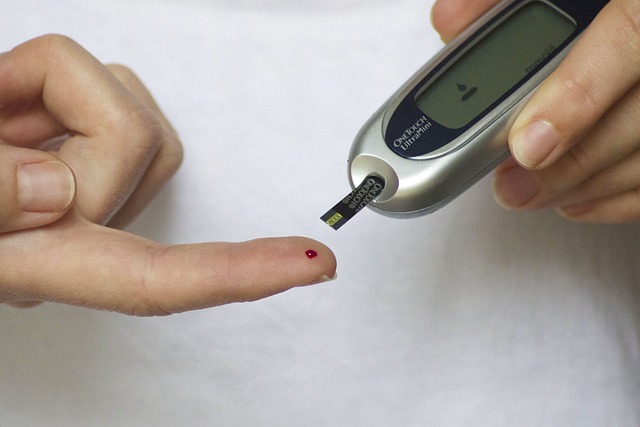Living with diabetes can be challenging, but with the right knowledge, lifestyle adjustments, and support, you can lead a fulfilling and healthy life.
Diabetes is a chronic condition that affects the body's ability to regulate blood sugar levels. In this blog, we will explore practical tips and strategies for effectively managing diabetes and maintaining overall well-being.
Understanding Diabetes:
Diabetes is a condition that occurs when the body either doesn't produce enough insulin (Type 1 diabetes) or cannot effectively use the insulin it produces (Type 2 diabetes). In the absence of enough insulin action, daily management to keep blood sugar levels within a target range. Left uncontrolled, diabetes can lead to serious health complications such as heart disease, kidney damage, nerve damage, blood vessel damage and vision problems.
Key Strategies for Living with Diabetes:
- Healthy Eating Habits:
A well-balanced diet is crucial for managing diabetes. Focus on incorporating whole foods, including fruits, vegetables, whole grains, lean proteins, and healthy fats, into your meals. Limit your consumption of processed foods, sugary beverages, and foods high in saturated fats and refined carbohydrates. Consult with a dietitian to develop a personalized meal plan that suits your specific needs. - Regular Physical Activity:
Engaging in regular exercise has numerous benefits for individuals with diabetes. Exercise helps regulate blood sugar levels, improves insulin sensitivity, promotes weight management, and enhances cardiovascular health. Aim for at least 150 minutes of moderate-intensity aerobic activity, such as brisk walking or cycling, along with strength training exercises twice a week. Consult your healthcare provider before starting any exercise program. - Medication Management:
If you have Type 1 diabetes, you will likely require insulin injection therapy. For Type 2 diabetes, your healthcare provider may prescribe oral medication, injectable medication, or a combination of both. It is crucial to take your medication as prescribed and monitor your blood sugar levels regularly. Work closely with your healthcare team to determine the most effective medication regimen for you. - Blood Sugar Monitoring:
Regular monitoring of blood sugar levels is essential for diabetes management. Use a glucose meter to check your blood sugar levels at home. This information will help you make informed decisions about your diet, physical activity, and medication. Share the results with your healthcare provider during check-ups for better assessment and adjustments to your treatment plan if needed. - Stress Management:
Stress can affect blood sugar levels, so it's important to develop effective stress management techniques. Engage in activities that help you relax and unwind, such as meditation, deep breathing exercises, yoga, or pursuing hobbies you enjoy. Prioritize self-care and make time for activities that bring you joy and reduce stress. - Regular Medical Check-ups:
Schedule regular visits with your healthcare provider to monitor your diabetes management and overall health. They will assess your blood sugar levels, perform necessary tests, and make any adjustments to your treatment plan. Additionally, they can provide guidance on preventing or managing potential complications such as foot care, eye check and checking for complications. - Support Network:
Building a support network of family, friends, and healthcare professionals can provide valuable emotional support and guidance. Consider joining local diabetes support groups or online communities where you can connect with others who understand your journey. Sharing experiences and tips can be empowering and help you stay motivated.
Conclusion:
Living with diabetes requires a proactive approach to manage blood sugar levels effectively and reduce the risk of complications. By adopting a healthy eating plan, engaging in regular physical activity, taking medications as prescribed, monitoring blood sugar levels, managing stress, and seeking regular medical care, you can lead a vibrant and fulfilling life with diabetes. Remember, diabetes does not define you; it is a condition that you can effectively manage with the right tools and support.
